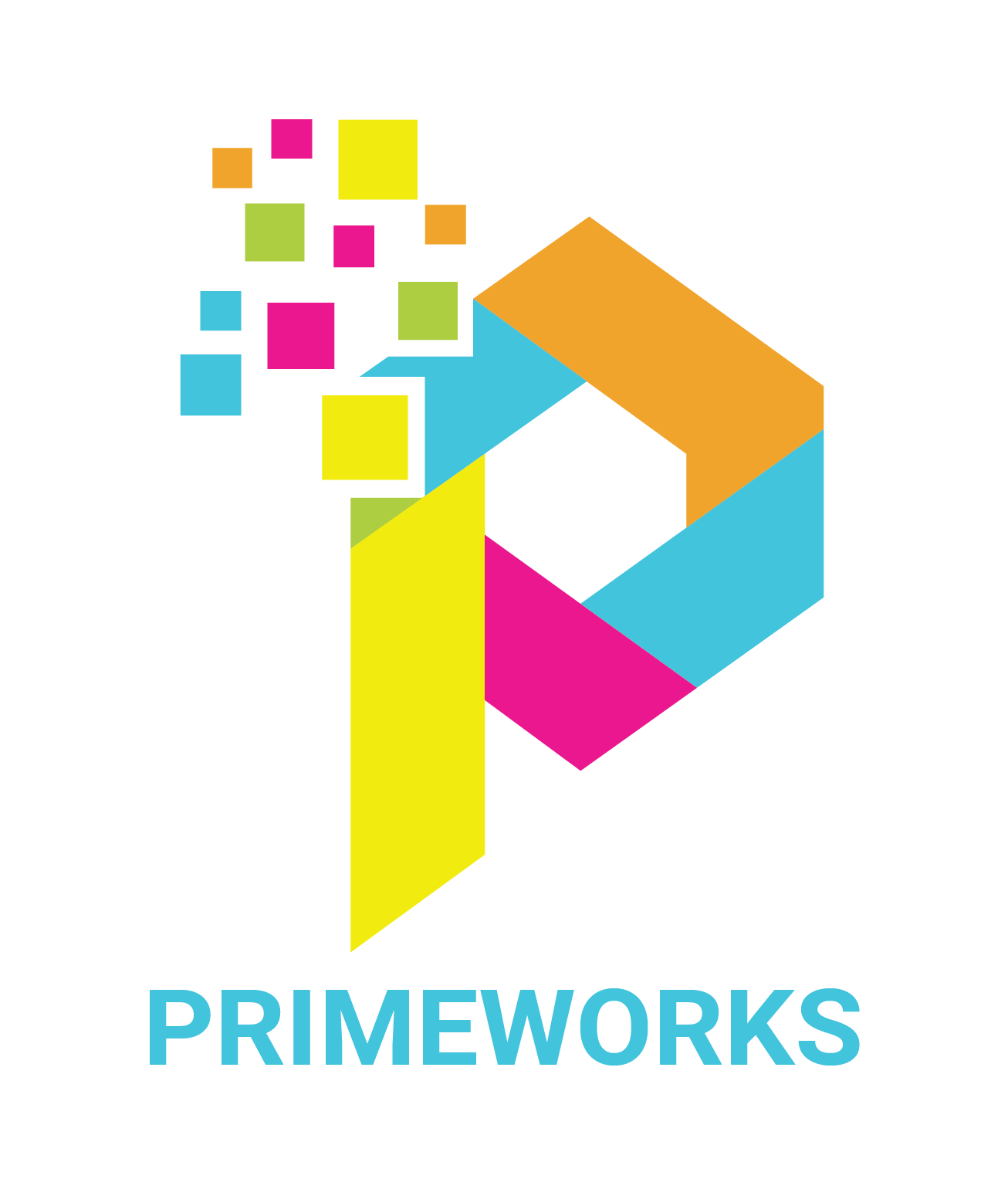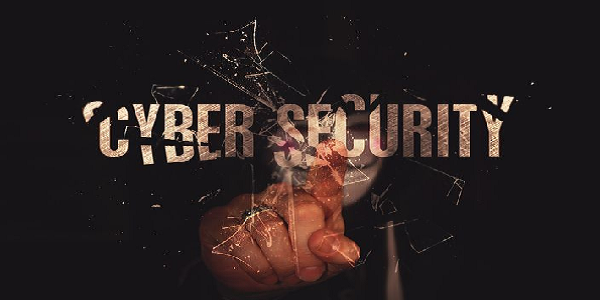Implementing SPF/DKIM/DMARC protocols is essential for securing your domain and significantly reducing the risk of email-based cyber attacks. In other words, these protocols not only protect your business but also safeguard your clients from potential threats.
Why You Need SPF/DKIM/DMARC
Cybercriminals often use email to impersonate trusted sources and commit fraud. Without SPF/DKIM/DMARC protocols, your domain remains vulnerable to these attacks, leading to severe consequences. For instance, a recipient might accidentally install malware, make payments to fraudulent accounts, or fall victim to phishing schemes. Therefore, by implementing SPF/DKIM/DMARC, you not only protect recipients but also strengthens your business’s reputation and financial security.
Understanding SPF: The First Line of Defense
SPF (Sender Policy Framework) serves as the first line of defense for your domain. This DNS record specifies which mail servers have authority to send emails on behalf of your domain. Hence, when an email is received, the receiving server checks the SPF record to confirm the sender’s authorisation. The system marks the email as ‘SPF Pass’ if it receives authorisation. If the server denies authorisation, the system marks the email as ‘SPF Fail’. As such, this crucial verification step prevents unauthorised emails from being sent under your domain’s name.
DKIM: Ensuring Email Integrity
DKIM (DomainKeys Identified Mail) adds a digital signature to your outgoing emails. This signature enables the receiving mail server to verify that the sender did not alter the email during transit. When the signature is correct, the email passes DKIM verification. However, if the signiture fails, the system flags the email as ‘DKIM Fail’. Hence, this step ensures your emails maintain their integrity and further protects your domain from malicious activities.
DMARC: The Final Layer of Protection
DMARC (Domain-based Message Authentication, Reporting & Conformance) serves as the final layer of protection. DMARC policies instruct the receiving server on what to do if an email fails SPF or DKIM checks. Additionally, DMARC provides detailed reports on emails sent from your domain, helping you monitor any suspicious activities. Thus, this visibility proves crucial for maintaining your domain’s security.
Implementing and Managing SPF/DKIM/DMARC
Setting up SPF/DKIM/DMARC requires technical expertise, particularly in DNS server management. You must ensure that all servers sending emails on behalf of your domain get correctly identified and included in your SPF/DKIM/DMARC policies. This process includes user emails and automated emails from third-party systems, such as marketing platforms and ticketing systems. Consequently, failing to include these servers may cause the system to mark legitimate emails as failed and not deliver them.
At Primeworks, we offer a managed service to assist you in implementing and maintaining SPF/DKIM/DMARC policies. Our expertise ensures your domain achieves full protection and compliance with these essential security protocols.
In Summary
Overall, SPF/DKIM/DMARC are vital protocols that you, as a business owner, must implement to secure your domain and reduce the risk of cyber attacks. By setting up these protocols, you protect your business, your client, and your reputation. So don’t leave your domain vulnerable – contact us at Primeworks to help you implement these essential security measures.


